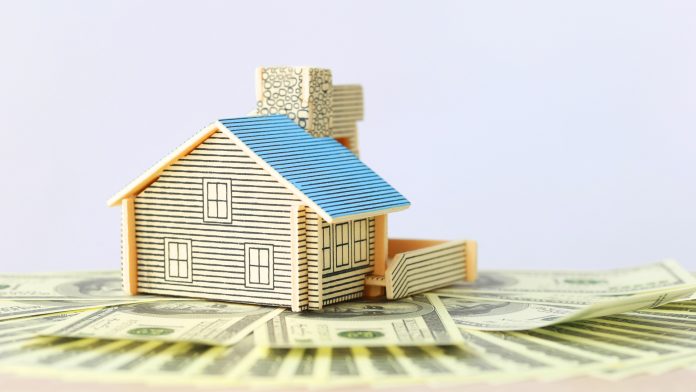According to CoreLogic’s latest quarterly Home Equity Report, home equity in mortgaged real estate climbed to $457B during Q3 2019 compared to one year ago. This increase of +5.1% in home equity totals represents a new high.
Frank Martell, president and CEO of CoreLogic, said, “The negative equity share continues to decline thanks to rising home prices across the nation…home prices increased an average of +3.5% y/y in October 2019. Out of all 50 states, homeowners in Idaho experienced the largest annual home price increase at +10.9%, while they also gained the highest home equity, averaging $25,800 compared with one year ago.”
New Free Webinar Shows You The 12 Secrets Of Real Millionaire Agents. Stop Struggling. You Can FINALLY Laugh At Your Money Worries – If You Follow This Simple Plan. Learn How To Generate 100’s of Motivated Leads Without Coming Off As A Pushy Salesperson and Losing Your Soul. Learn Now How To Become One of the 1000s of Agents Making HUGE Money Who Never Thought They Could.
YES, I Want To Attend The FREE Webinar! <——Click To Register
P.S. Free Webinar, Limited Space. Less Than 300 Spots Still Available.
Home equity increased an average of $5,300 per homeowner when compared with home equity averages one year ago.
All of this translates into borrowers gaining +$6T in home equity since the end of 2011 when home equity stopped declining from the housing crash and Great Recession.
Negative home equity shares nationwide dropped to 3.7% or 2M residential properties in Q3 2019, the lowest share level since CoreLogic began tracking this data point in Q3 2009. Additionally, CoreLogic determined that the number of underwater properties decreased by 210,000 properties or 10% since Q3 2018.
States with the largest shares of negative equity in Q3 2019 included:
- Louisiana – 10.1%
- Connecticut – 7.4%
- Illinois – 7.0%
- Iowa – 6.5%
- New Jersey – 6.1%
- Missouri – 6.0%
- Delaware – 5.8%
- Arkansas – 5.7%
- Oklahoma – 5.5%
- Florida – 5.3%
Interestingly, when looking at cities with shares of negative equity, San Francisco came in with the largest share of negative equity at $800,000 however, San Francisco has only a 0.7% share of negative equity. Miami, on the other hand, has the smallest average amount of negative equity at $100,000 but has a negative equity share of some 9.1%, more than double the national rate.
One additional note…senior homeowners ages 62 years and older saw their housing wealth grow +0.3% to $24B in Q3 2019. This puts overall senior wealth at a record high of $7.17T, according to the National Reverse Lending Association.
Thanks to CoreLogic’s Molly Boesel and to the National Reverse Lenders Association for source data.
Also read: Podcast: A Great New Source For Highly-Motivated Seller Leads, REALTORS’ Latest 2019 Confidence Index Survey, 2020 Real Estate Market Predictions

























